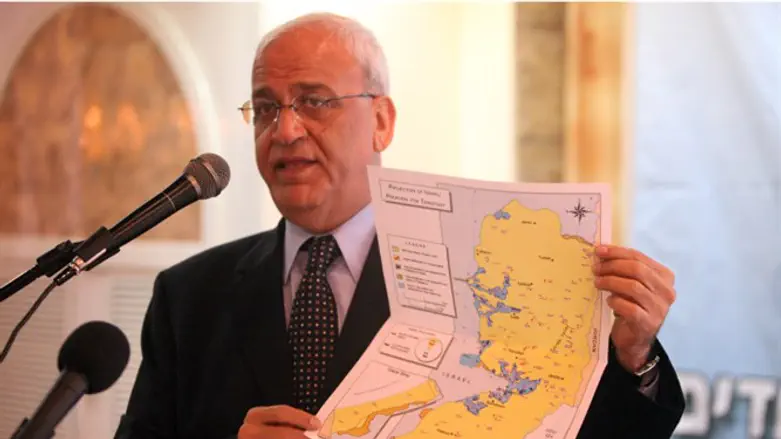
The final status of Jerusalem – all of Jerusalem – is still on the negotiating table, the Palestinian Authority has claimed, rejecting Australia’s recent recognition of the western portion of the city as Israel’s capital.
On Saturday, Australian Prime Minister Scott Morrison announced that his country officially recognized ‘West Jerusalem’ as the capital of Israel, though his government refrained from moving its embassy from Tel Aviv.
The move disappointed Israel, which described the move as a “half-way” step, and enraged the Palestinian Authority, which called the partial recognition a “wrong step”.
Australia’s partial recognition of Jerusalem as Israel’s capital mirrors Russia’s position on the city, following a 2017 statement by Moscow recognizing western Jerusalem.
“We view West Jerusalem as the capital of Israel,” Russia’s foreign ministry said in 2017. In 2018, Russia moved its National Day celebrations from Tel Aviv to Jerusalem for the first time ever.
Other countries, including the US, Guatemala, Honduras, and the Czech Republic, have recognized Jerusalem as Israel’s capital without explicit distinctions between the east and west portions of the city.
Despite the shift towards greater recognition of Israel’s capital, the Palestinian Authority’s top negotiator said Monday that the PA has not given up on western Jerusalem, and that the entire city remains on the negotiating table.
“I want those who claim that only East Jerusalem is at the negotiations table, study the agreements signed it says: (Jerusalem) permanent status issue. Not east, not west,” Saeb Erekat tweeted Monday night.
While eastern Jerusalem as a large Arab population, making up rough 39% of the city’s total population, western Jerusalem – the area under Israeli control from 1948 to 1967 – is overwhelmingly Jewish, and its future as part of the State of Israel has not been contested in previous negotiations between Israel and the Palestinian Authority.
